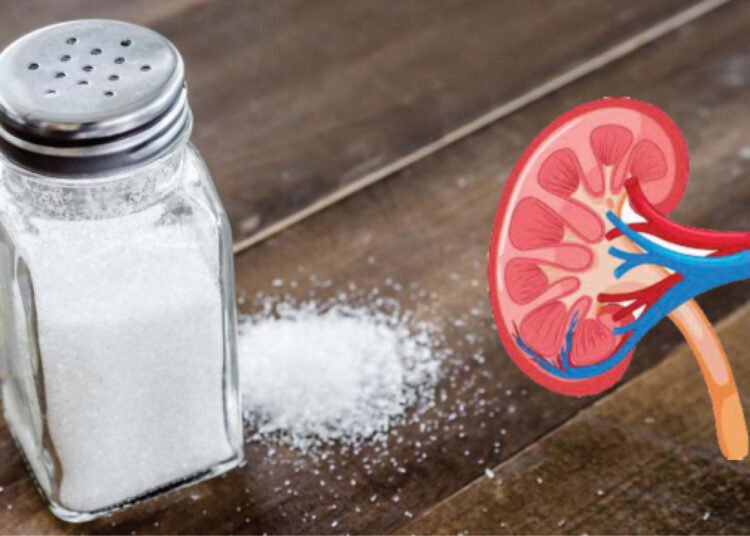When most people hear “estrogen,” they think of periods, pregnancy, or menopause. But estrogen is much more than a reproductive hormone—it plays a vital role in nearly every system in a woman’s body, including the heart.
For years, women were thought to have a natural edge over men in heart health, especially before menopause. While there’s some truth to that, research shows estrogen is a major reason why. It helps blood vessels stay flexible, lowers bad cholesterol, and reduces inflammation—all key to maintaining a healthy heart.
However, as women approach menopause and estrogen levels decline, that heart protection starts to fade. This shift significantly increases the risk of heart disease—the leading cause of death among women. Understanding estrogen’s role in heart health is essential to taking proactive steps that support cardiovascular well-being at every stage of life.
What Estrogen Does For The Heart
Estrogen supports healthy blood vessels by keeping them flexible and promoting good cholesterol (HDL) while lowering bad cholesterol (LDL). It also helps reduce inflammation—a major contributor to heart disease
Estrogen Levels And Heart Risk
Before menopause, women generally have a lower risk of heart disease than men of the same age, thanks in part to estrogen’s protective effects. However, after menopause, as estrogen levels fall, this natural protection wanes. This can lead to an increased risk of high blood pressure, arterial stiffness, and heart attacks.
Supporting Heart Health Through Hormonal Changes
Regular exercise helps maintain heart and hormonal health.
A heart-healthy diet rich in fruits, vegetables, healthy fats, and whole grains can ease the transition.
Talk to your doctor about the risks and benefits of hormone therapy.
Monitor heart health indicators like cholesterol and blood pressure regularly.
Understanding the vital role estrogen plays in heart health is crucial for women at every stage of life. As estrogen helps regulate cholesterol, reduce inflammation, and keep blood vessels healthy, it serves as a key protector of cardiovascular function—especially before menopause. However, as estrogen levels naturally decline, women become more vulnerable to heart disease, making it essential to adopt heart-healthy habits earlier on.
By staying informed and making lifestyle changes, women can continue to protect their heart health even as estrogen levels fluctuate. Regular exercise, a balanced diet, and routine check-ups are powerful tools that, when combined with a greater understanding of hormonal changes, can help reduce the risks associated with heart disease and ensure long-term well-being.
We’ve got the edge. Get real-time reports, breaking scoops, and exclusive angles delivered straight to your phone. Don’t settle for stale news. Join LEADERSHIP NEWS on WhatsApp for 24/7 updates →









